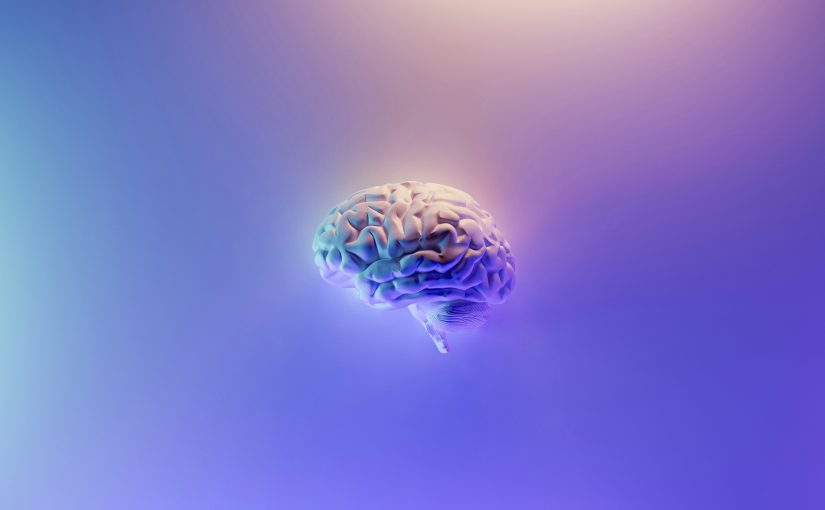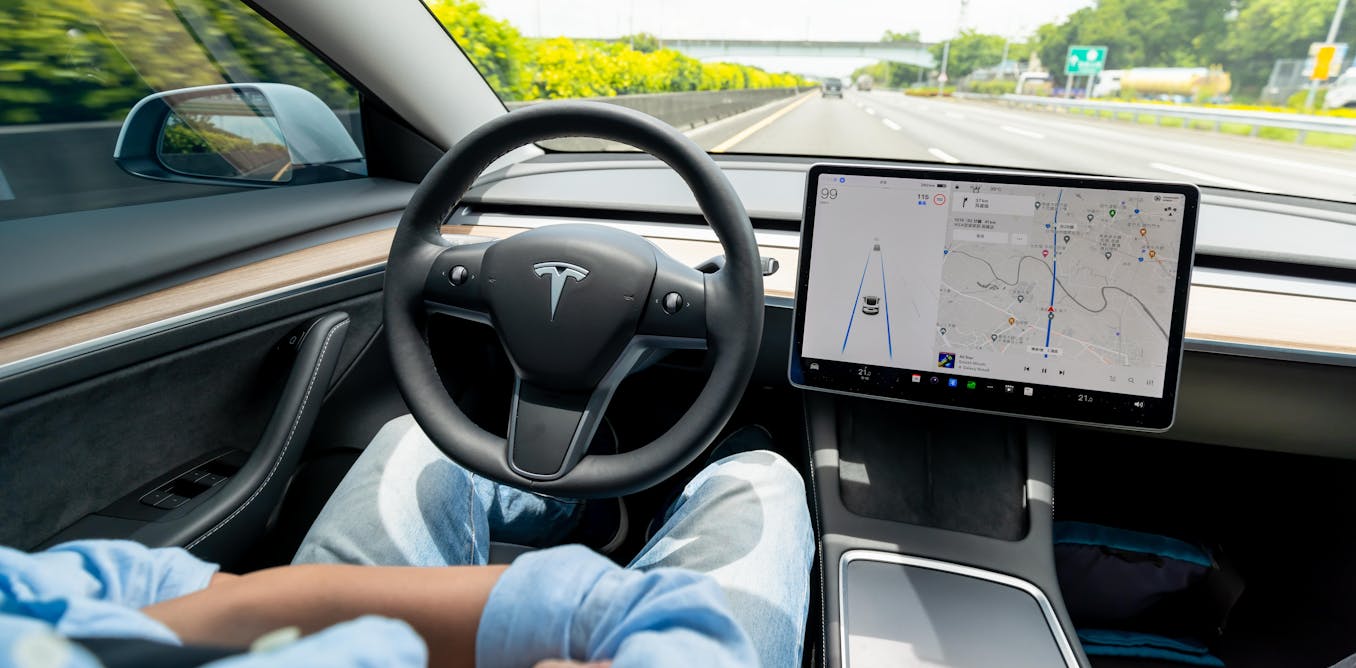Researchers have developed an AI model that can tell a person’s sex through brain scans alone. Working at a level of 90% accuracy, the study arguably settles a long-running controversy over physiological differences. But before you ask, the answer is ‘no’ — that doesn’t mean men are automatically smarter than women.
Generally, men’s bodies are slightly larger than women’s bodies, which means that male brains, in turn, are also slightly larger than female brains. This means that, historically, studies that tried to differentiate between male and female brains came up with inconsistent and contradictory results. Until now.
The ‘crucial role’ of sex in brain development
“A key motivation for this study is that sex plays a crucial role in human brain development, in aging, and in the manifestation of psychiatric and neurological disorders,” Vinod Menon, the study’s senior author and director of the Stanford Cognitive and Systems Neuroscience Laboratory, explained.
“Identifying consistent and replicable sex differences in the healthy adult brain is a critical step toward a deeper understanding of sex-specific vulnerabilities in psychiatric and neurological disorders.”
For the study, Menon’s team used a process called dynamic functional connectivity fMRI. First, this involved teaching their AI how to pick up on the subtle differences between the MRI scans of men and women. Once the AI learned how to differentiate between male and female brain scans, the team fed the AI more scans. Based on what it had been trained on, the AI could successfully identify male and female brain scans with 90% accuracy.
“These models worked really well because we successfully separated brain patterns between sexes,” Menon explained. “That tells me that overlooking sex differences in brain organization could lead us to miss key factors underlying neuropsychiatric disorders.”
Menon plans to make the AI model available for other researchers to use because it has “broad applicability” beyond sex differentiation. He said: “A researcher could use our models to look for brain differences linked to learning impairments or social functioning differences, for instance — aspects we are keen to understand better to aid individuals in adapting to and surmounting these challenges.”
For more on the intersection between AI and medicine, check out our stories on Neuralink and wearable AI for brain stimulation.
Featured Image: Photo by Milad Fakurian on Unsplash

The post “AI can tell a person’s sex with 90 percent accuracy” by Charlotte Colombo was published on 02/20/2024 by readwrite.com



































